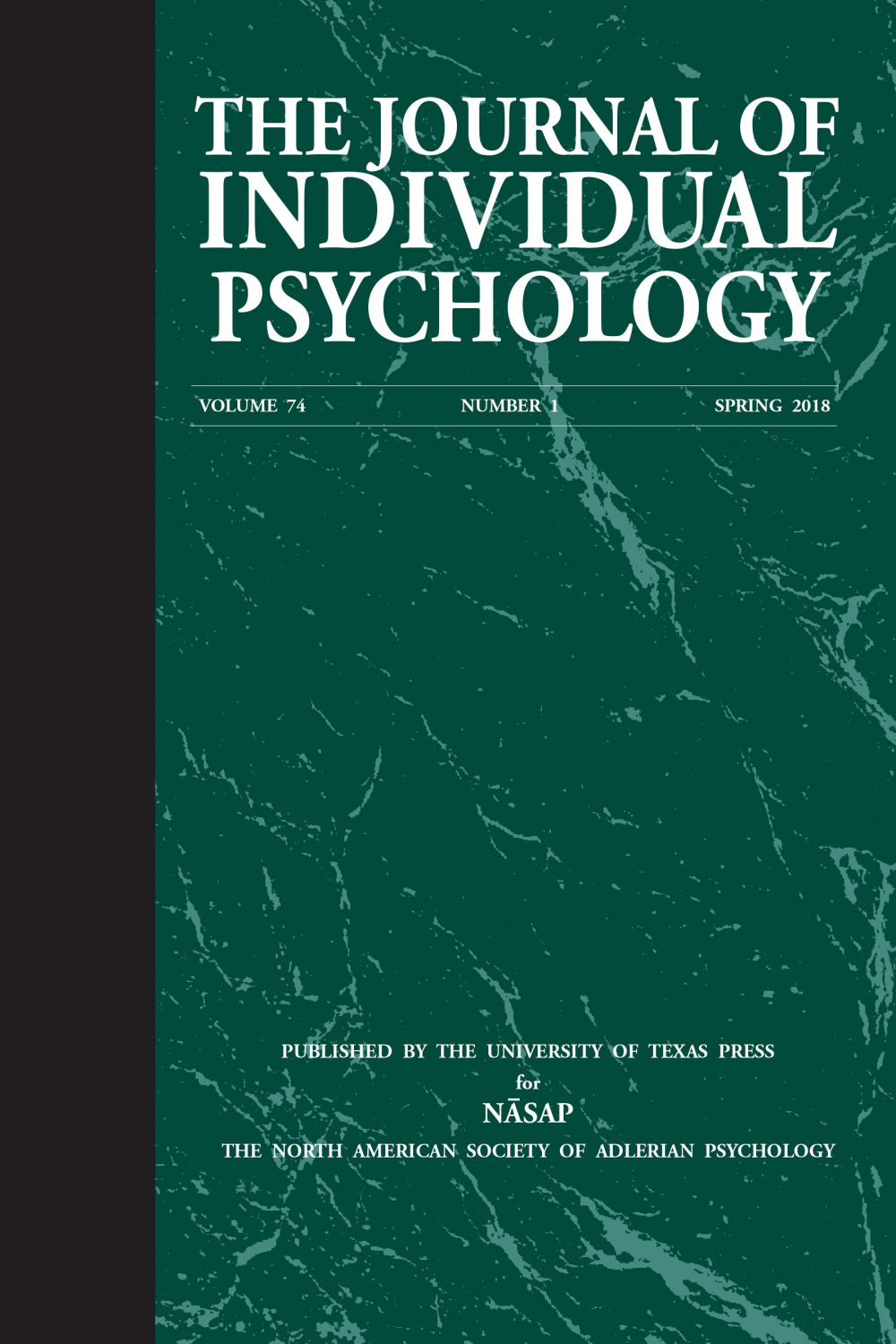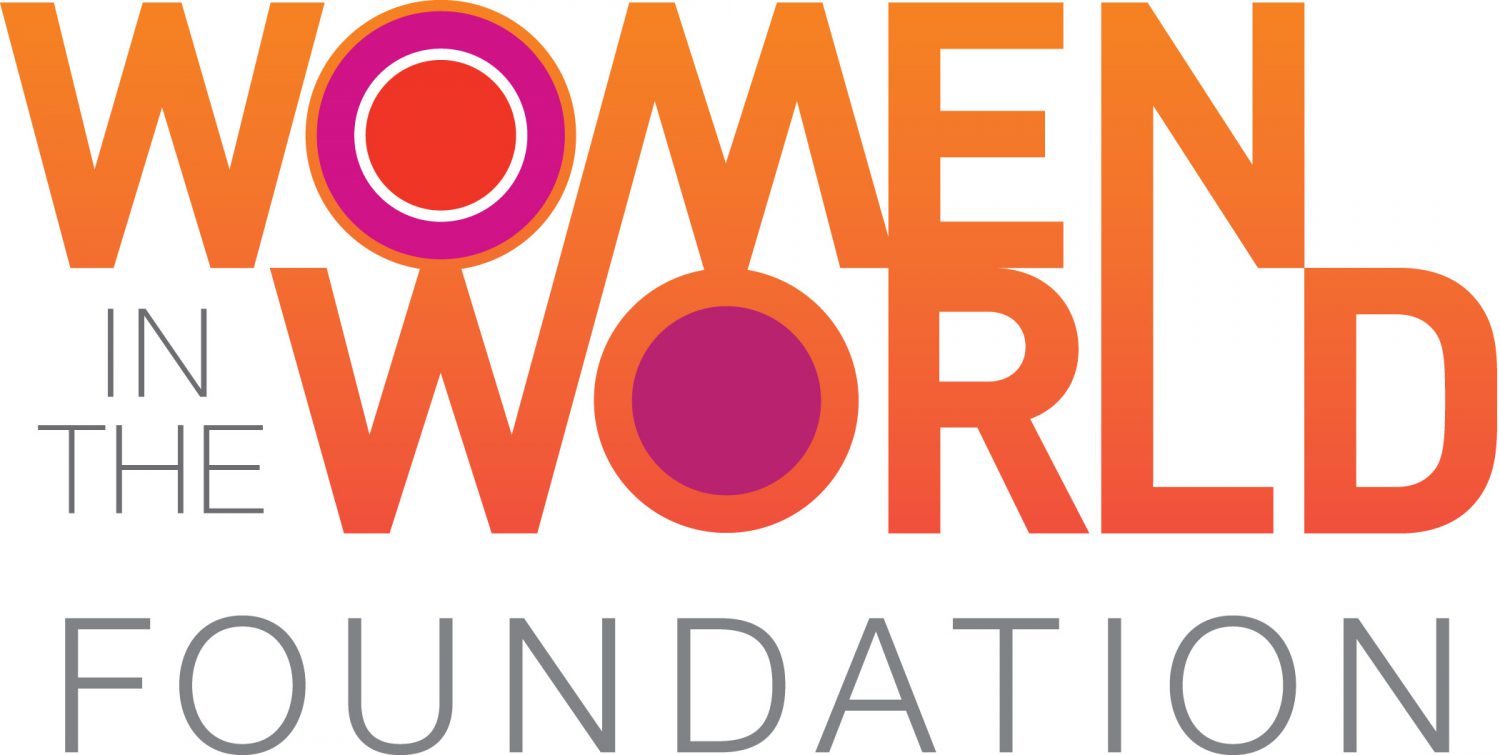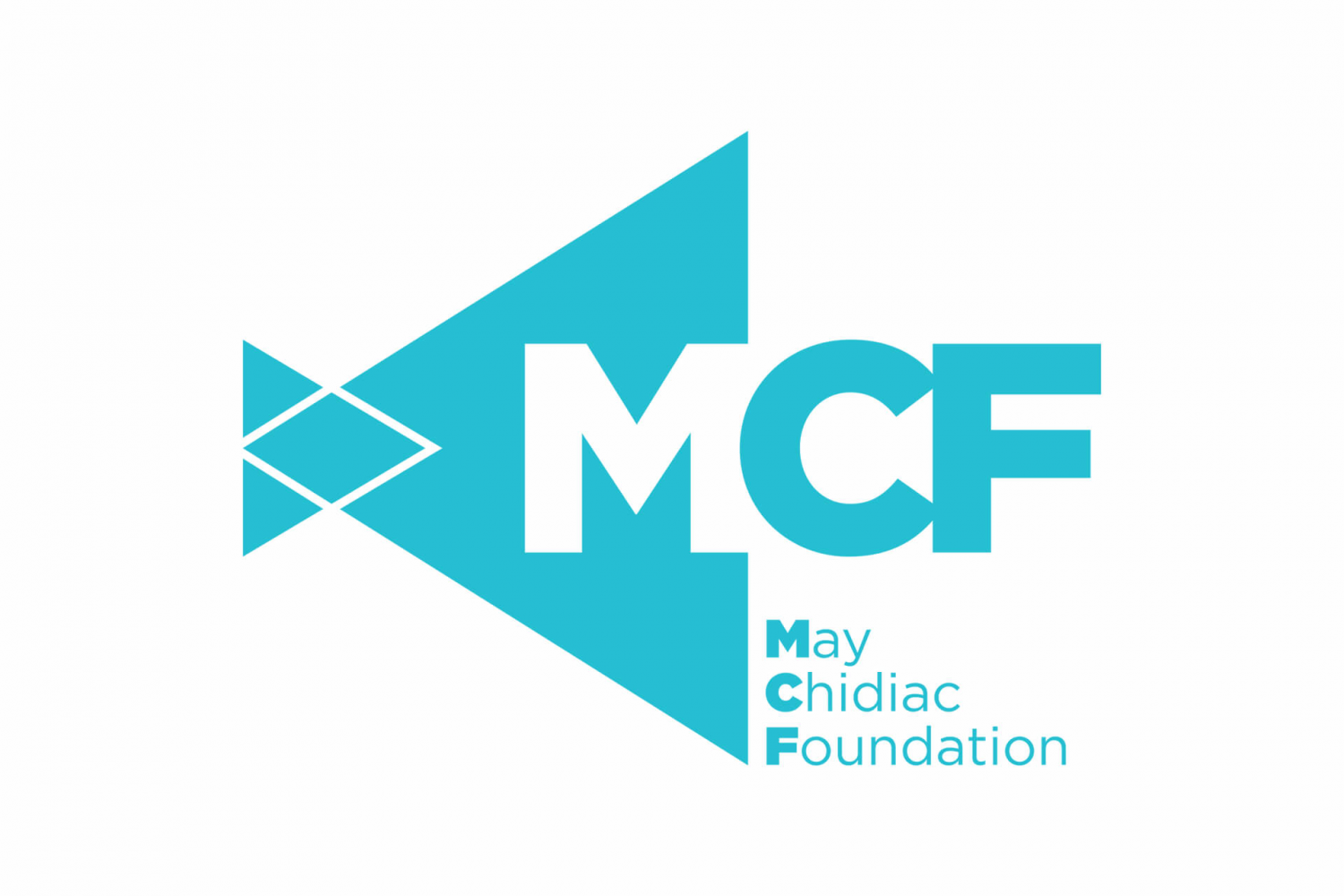Women without Borders (WwB) Research Director Professor Ulrich Kropiunigg interviewed a former radical from Saudi Arabia in an effort to better understand the psychosocial development and process of the cycle into radicalisation and deradicalisation. This paper provides a framework for understanding the motivations and various factors behind the progression into and out of radicalisation.
The author examines psychosocial determinants of radicalisation through the analysis of a narrative interview with a former radical from Saudi Arabia. To frame the findings, a complete cycle from radicalisation to deradicalisation is outlined using three concepts: fiction and counter-fiction, identity crisis, and schema theory. This integrative approach shows that a radical counter-fiction evolves during adolescence when unbridgeable differences between an individual’s core schemas and society’s core norms arise. Instead of a positive process of enculturation, the child’s fiction transforms into a counter-fiction by which society’s prevalent norms are radically overemphasised. A deeper understanding of what motivates radicalisation and deradicalisation will allow us a less irrational view on extremism and help to identify better measures to prevent acts of terror.






